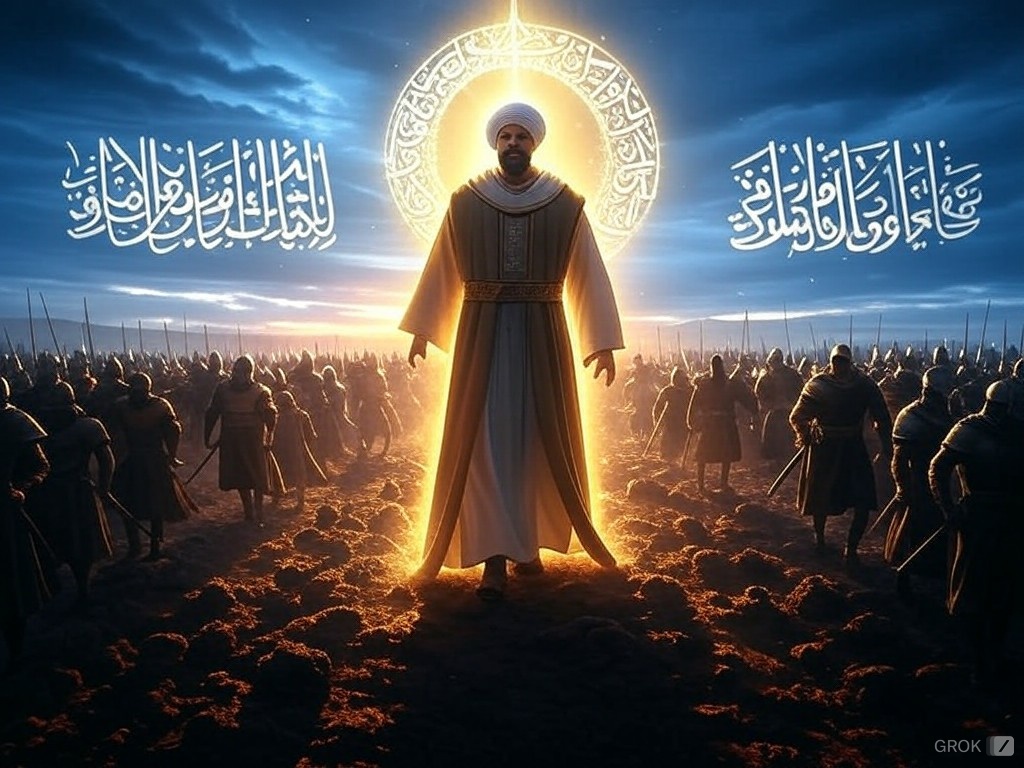Stewardship in Islam
The Quran outlines humanity's role as stewards or caretakers of the Earth, a concept deeply embedded in Islamic theology:
Khalifah (Stewardship)
- Definition: Humans are described as "khalifah" on Earth, meaning stewards or vicegerents.
- Quranic Reference: Quran 2:30 states, "And [mention, O Muhammad], when your Lord said to the angels, 'Indeed, I will make upon the earth a successive authority.'"
Trusteeship (Amanah)
- Concept: Humans have been given the "amanah" or trust of Earth, which comes with responsibilities.
- Quranic Reference: Quran 33:72 explains, "Indeed, we offered the Trust to the heavens and the earth and the mountains, and they declined to bear it and feared it; but man [undertook to] bear it. Indeed, he was unjust and ignorant."
Sustainability and Justice
- Obligation: The stewardship role requires sustainable use of resources and fair distribution, preventing corruption or injustice.
Moral Responsibility
- Beyond Resources: This stewardship extends to moral and spiritual guidance, promoting peace, knowledge, and worship.
Consequences of Neglect
- Warnings: The Quran warns of the consequences for civilizations that failed in their stewardship, leading to their destruction.
Balance (Mizan)
- Harmony: The notion of balance or "mizan" is central, advocating for harmony in how humans interact with nature.
This concept of stewardship aligns with modern environmental ethics, emphasizing the role of humans as caretakers rather than owners of Earth, promoting sustainability, justice, and respect for all forms of life.
